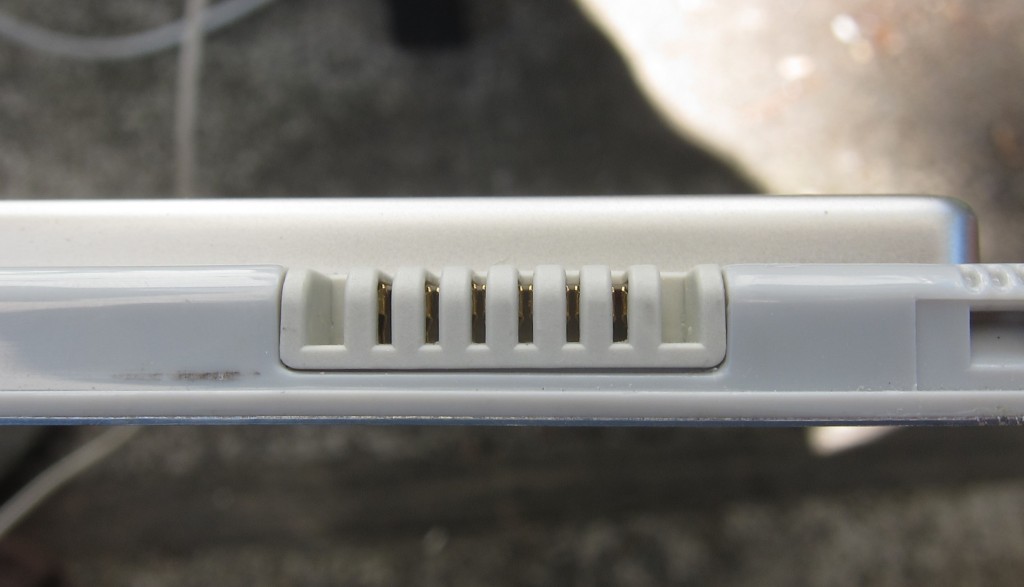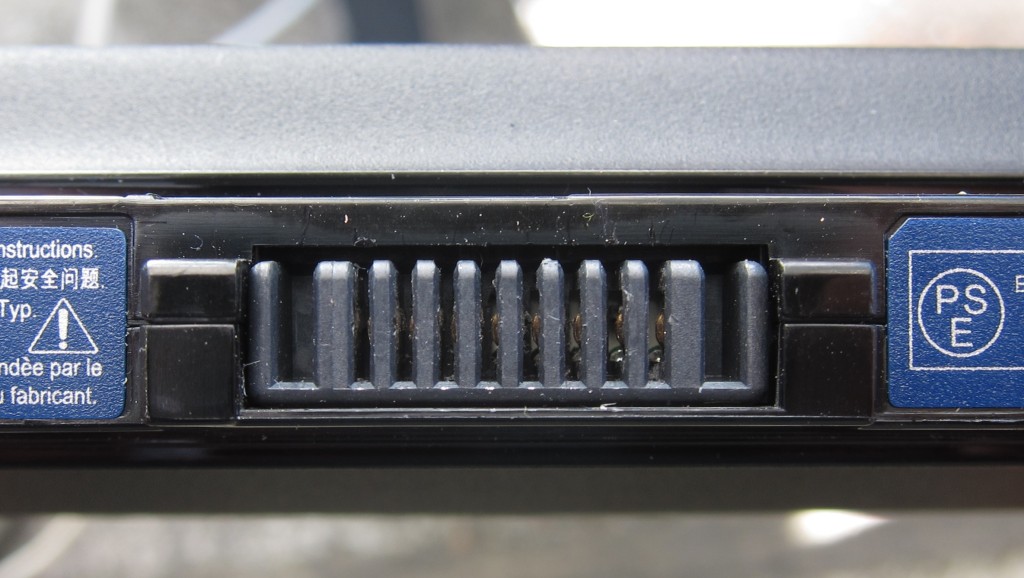I got a bunch of Thinkpad Lithium Ion battery packs yesterday and dumped pack data out of all of them. The new packs had the same issue I saw with a pack for a different module, they don’t report individual cell voltages in response to commands that work with many other packs.
I did some research and found that the linux tm-smapi module provides access to individual cell voltages but from a little reading, it looks like this information may come by way of an embedded system controller. I figured there was still a good chance that this information was originally gathered from the battery via SMBus, so I wrote a simple arduino sketch to scan through a wide range of SMBus commands and look at the data returned. Unfortunately, I don’t see any values that look like cell voltages.
With any luck, the data is still there, and just packed in a way that isn’t obvious. I think I’m going to need to collect data from multiple packs to see which values differ, particularly if I charge or discharge the packs. The worst possible option is that reading the data requires putting the pack in an undocumented mode and using undocumented commands.
The Dell packs I have don’t yield individual cell voltages either, so while I was at it, I also looked to see if any of the Dell packs might report the data in response to non-standard commands. Again, nothing obvious. I couldn’t find any confimation on line that Dell makes this info available via any utilities, so I may be chasing something that isn’t there.

